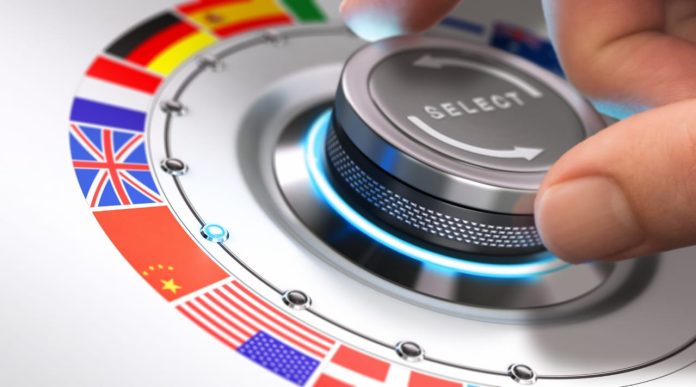Translation is just about swapping out words in one language for another, right? Wrong! Even at its simplest, translation involves translating ideas, not just words.
With legal translation, accuracy is even more important. What exactly is included in legal translation? What sets it apart from other forms of translation?
Let’s take a quick look at what a legal translation includes.
What Is Legal Translation?
Legal translation involves translating legal documents from one language into another. This allows companies to trade internationally and keeps everybody (literally) on the same page.
Examples of legal documents commonly sent for translation include:
- Educational transcripts
- Contracts
- Patents
- Licenses and certificates
- Financial documents
When you look at this list, you can understand the importance of legal document translation. These are some of the most important documents we ever deal with in our lives.
The Role of Legal Translation Services
Legal translation services have a big responsibility. Their job is to make sure that they accurately translate exactly what is on the page. This involves more than just a good understanding of both languages.
That’s because every language in the world has a second branch – legalese.
When translating from one language to another, you need to be fluent in legalese in both languages. For example, imagine you are translating an immigration document. You need to understand the difference in both languages between an asylum seeker and a refugee.
Using the correct terminology is absolutely crucial so that there are no costly misunderstandings down the road.
It’s also important for translators to understand the cultural background of the audience. Two countries may use the same language, but their cultural perspectives may be quite different. This includes the many Arabic-speaking and Spanish-speaking countries.
Requirements for Legal Translators
Many countries have regulations for legal translators. Some require translators to have degrees in both business and legal translation. This reflects what a specialist field legal document translation is.
Other countries do not regulate legal translators. In these countries, trade and professional associations may provide quality assurance services.
No Place for Computer Translation
Clearly, legal translation is a serious business. This leaves no place for computer translation services. They work on algorithms and cannot replicate the knowledge and experience of a qualified human translator.
A human translator is also needed to ensure that the legal translation makes sense. They can check that the correct legal terminology has been used and that the reasoning is sound.
Finally, the human translator may include certain legal expressions from the source language. This is to ensure absolute clarity in cases where there is no legal equivalent in the target language.
The Importance of Legal Translation
Even for highly trained professionals, legal translation is a careful and time-consuming process. They must be meticulous about their work, and meet the very highest standards.
Be careful when searching for legal translation services near me. Before you entrust them with your legal document translation job, make sure that they are up to the job.
We hope you’ve enjoyed reading this article, and we’ve got plenty more for you! Head over to our Business section for more up-to-date hints and tips!










